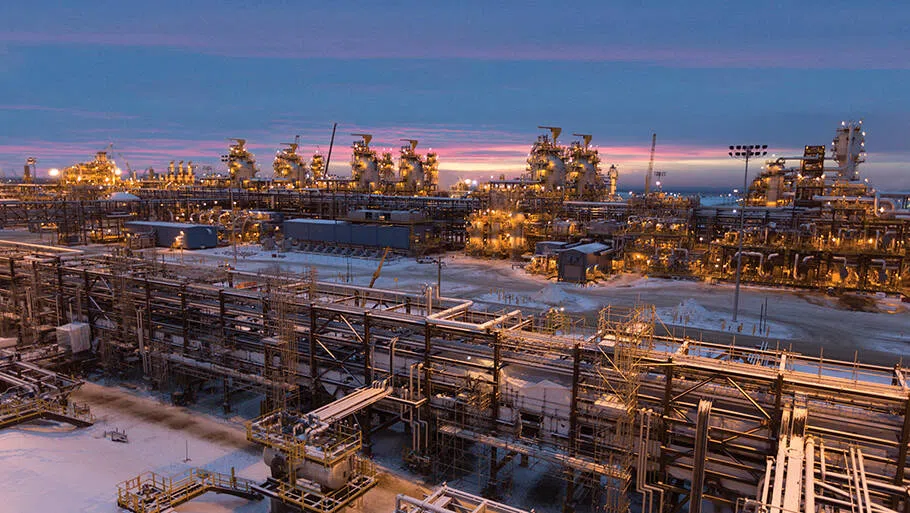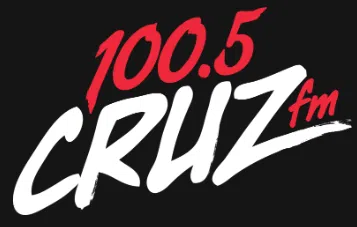
The Athabasca Chipewyan First Nation is reporting another incident from Exxon-Imperial’s Kearl oil sands site.
ACFN posted a statement to social media saying 670,000 litres of treated water escaped a settling pond and into the Muskeg River.
They reported 140 mg of suspended solids per litre, which is four times the legal limit.
This follows two separate reported incidents of wastewater leaking from a pond.
“We are continually disappointed by the industry and government, who allow such incidents to occur and Indigenous peoples to face the brunt of the consequences,” said Chief Allan Adam in the social media post.
“We are tired of this and demand that the industry and regulator be held to account.”
Imperial Oil and the Alberta Energy Regulator (AER) said the incident was from clean water partially eroding a culvert.
They say on Nov. 13, the water collected the sediment from the soil around the culvert and went above regulatory limits.
“This was quickly identified by field personnel and water flow was stopped and materials were placed within the channel to slow the flow of the water to prevent further migration of sediment,” said Lisa Schmidt, Public and Government Affairs Media Relations with Imperial Oil.
Imperial Oil conducted field tests the following day and reported the sediment was back within the allowable limit.
AER said the water is from a treatment pond and is usually released within the limit of 30mg per litre.
“This was not a leak from a tailings pond, and the water that was released is not processed water from tailings, it is drainage from surrounding landscape,” said Teresa Broughton, Senior Specialist, Media Management, Media, Issues, and External Affairs with the AER.
“The pond is a water treatment pond or a polishing pond that accepts water from muskeg drainage, overburden dewatering, overburden, and reclamation material storage areas or any areas not yet disturbed by mining and discharges to the environment. In this case, the pond collects and discharges run off water into the Muskeg River in accordance with the AER approved regulatory limit of 30 milligram per litre.”
The AER says Imperial Oil is repairing the culvert and will continue to test the water quality to determine any impacts to fish or wildlife.
Imperial Oil and the AER will speak about the leak on Nov. 28, 2023, when they present to the Standing Committee on Environment and Sustainable Development.







